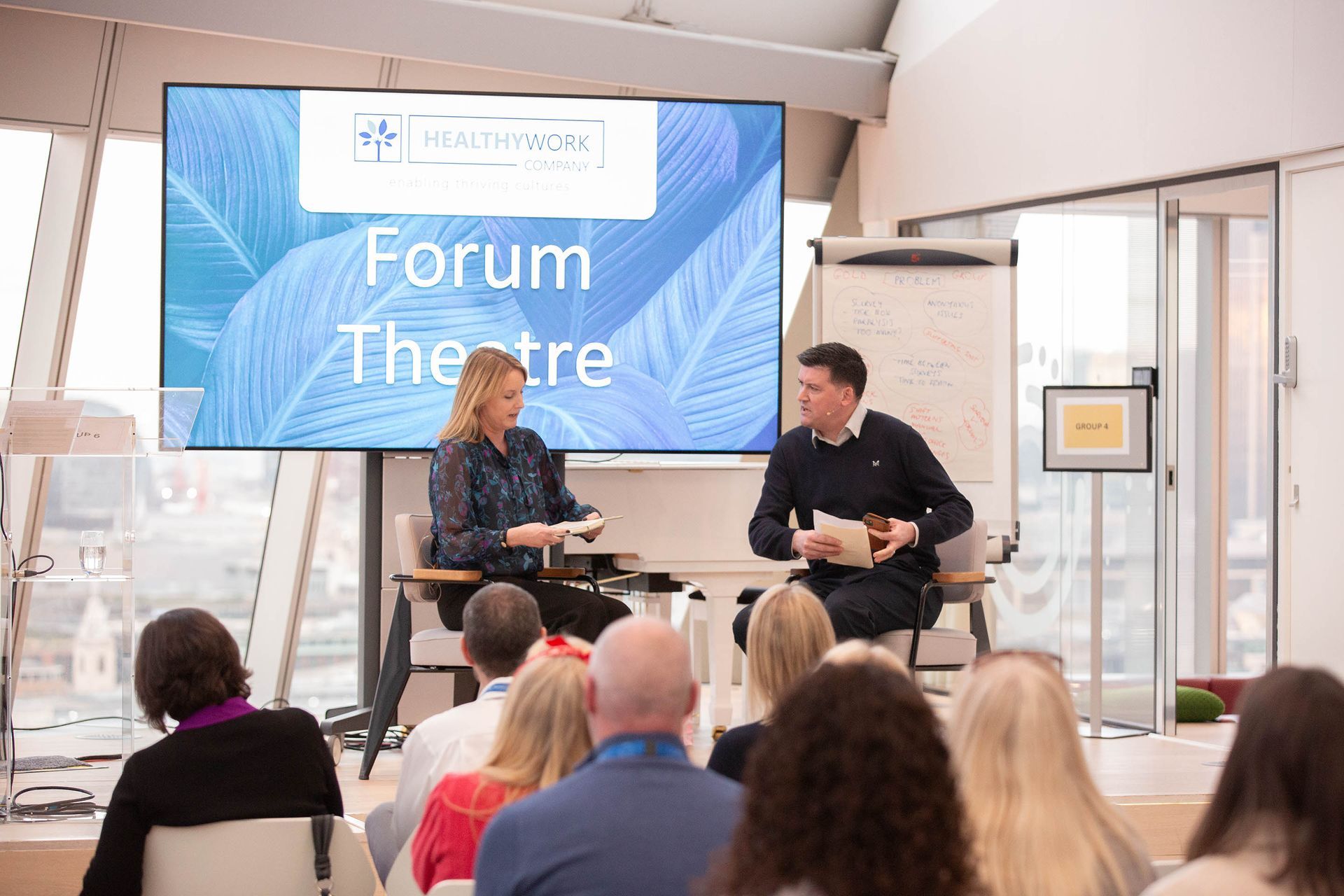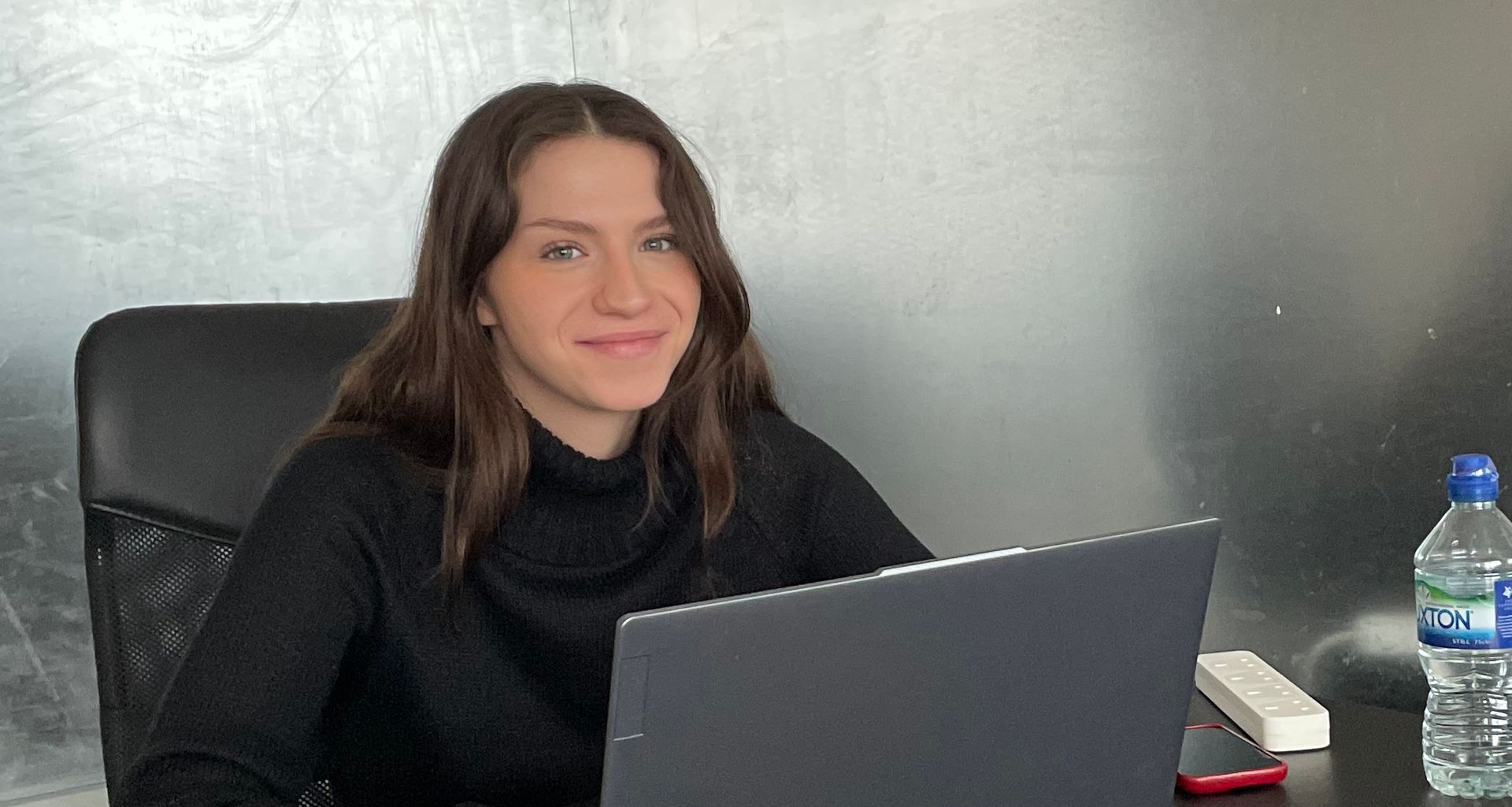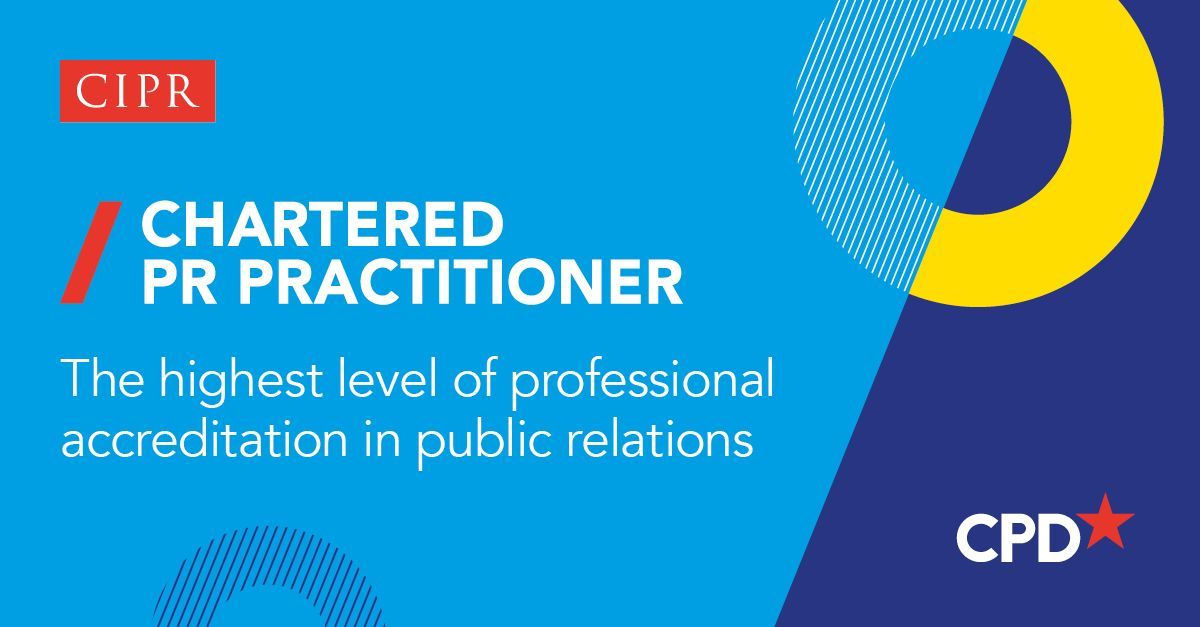How interactive theatre is changing the face of workplace wellbeing training
By Tim Walsh
01 Aug 2024

It is a popular adage in the world of descriptive writing and, more widely, communications: Show, don’t tell. Letting someone take in information and make up their own mind can be a much more effective technique in communications than simply telling them what to think.
We see this often in safety and health in the sharing of case studies, for example. Yet, what if we can go one better. Can we give someone a chance to step into the situation you’re showing and shape and own the outcome. Here you are not simply telling a story; you’re giving the viewer/listener an opportunity to be the protagonist. It is an approach that has gained traction in the world of work in many forms, and it is called forum theatre.
In a nutshell, forum theatre is a type of interactive theatre that encourages the audience to take part and explore different options for addressing a problem. It was pioneered by a Brazilian theatre director called Augusto Boal under the banner Theatre of the Oppressed. The audience become ‘spect-actors’, participating in the performance to help shape its path. It was a hugely successful innovation for collective learning, aimed at exploring issues of social justice in Brazil with oppressed communities. Today, this radical method is being used to help organisations develop work cultures with occupational safety and health an integral part.
If you’re reading this, you are likely to be in some way involved in managing safety and health at work, and you may have had the challenge of advising managers on communicating something critical to protecting their teams. Difficult conversations can be part and parcel of the role of the line manager, and never more so than when discussing safety and health. It might be workload, working at height, handling chemicals or wearing clothing when working outside to guard from solar radiation. Communication is integral to safety and health at work, and it must have the necessary effect and be influential.
In its description of Communication as part of its competency framework, the Institution of Occupational Safety and Health (IOSH) says it is ‘an essential attribute is the ability to create simplicity out of complexity.
The ability to develop effective two-way communications delivers efficiency in the process and ultimately better outcomes and results. Being mindful when shaping and delivering messages, whatever the communications medium, helps to build the confidence and credibility in OSH’.
Show, not tell
So, how do we, in safety and health, enable people to practise these difficult conversations and communicate safety and health effectively? If it’s the ‘show, not tell’ approach, we can get them to role play, which is always a challenge, or get them to discuss a case study. Forum theatre goes beyond this. It uses theatre techniques and knowledge of the work environments of the audience and the specific safety issues they face and then makes learning interactive, fun, and powerful. The approach involves creating bespoke theatre scenes in collaboration with the client, which are relevant to the organisation and its challenges. It is in a business context, their business, so the prep before the session makes sure the theatre hits home and resonates.
Participants watch the scene and then engage in a conversation about it before replaying the scene and directing it to achieve a better outcome. This approach encourages participants to focus on emotional intelligence and behaviours rather than company processes. It is interactive, hands-on and sometimes may include an element of role play. Forum theatre can be used to explore emotional or sensitive issues in a safe environment and test new ideas or ways of working.
Heather Beach, founder and director of The Healthy Work Company, is using forum theatre to coach managers in a variety of work situations and has been amazed at the impact it has had as a means of communicating health and wellbeing messages.
“I first started looking at this years ago because we saw that it was such a good way of demonstrating poor and good influencing skills,” said Heather.
“People can recognise themselves. When it came to wellbeing, we had been using case studies but I didn’t like it. People were looking at them and are still talking about the conversation, rather than having the conversation and seeing the results, in action. With case studies, they idealise what they might say, rather than seeing the conversation in a real-life situation.
“Forum theatre gets emotional buy-in in a way that simply talking about something doesn’t. It does emotionally hit home when you’re involved.”
Heather has a few tips for running a forum theatre session on workplace health and wellbeing:
- Build the scenario based on a realistic situation in your organisation
- Choose actors specifically to fit the roles being played - ie. is this a senior member of the team coaching a new entrant, for example
- During the session, you say STOP if you don't like something
- You can only coach the manager but …
- You can ask the employee how he is feeling
- You can suggest exactly what the manager should say, or do and what tone they should use
- Never use same script twice if you’re delivering multiple sessions
Heather believes forum theatre is a game-changer for safety, health and wellbeing awareness training. “It gets emotional buy-in the way talking about something doesn’t,” she said. “You get the theory at the beginning of the session from me, and what it is in reality from them, the actors and the participants. Everybody has to have both.
“The feedback from people so far is that they absolutely love it. People remember how you make them feel. Somebody will come at the end of a session and say it was so obvious that they’d been doing it so wrong.”
The message, said Heather, is to not always go for an off-the-shelf training course. “Go for something that’s going to land in your environment and hook their emotions,” she said. “It’s a refreshing way to take on information. It’s better face to face. It provides people with that connection. It’s bring people together to look at managing health and wellbeing as managers together.”
This article was first published by SHP Online




